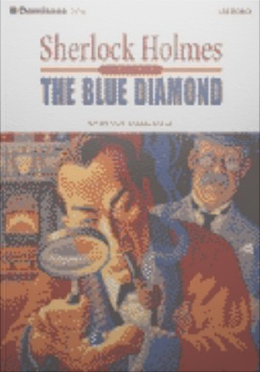
Sherlock Holmes was born in England on 6th January, 1854. He worked as a detective and Dr Watson helped him. They shared a house at 221B Baker Street in London.They travelled a lot.
Sherlock Holmes didn't believe in superstition and was famous for his logic and astute observation to solve cases. So he always caught the murderer.
Apparently, he never fell in love with a woman, but Irene Adler stole his heart because she was good at deduction too.
Exercises:
1. Read the story of Sherlock Holmes.
2. Identify the verbs that are in the Past Simple form.
3. Say the infinitive of those verbs.

